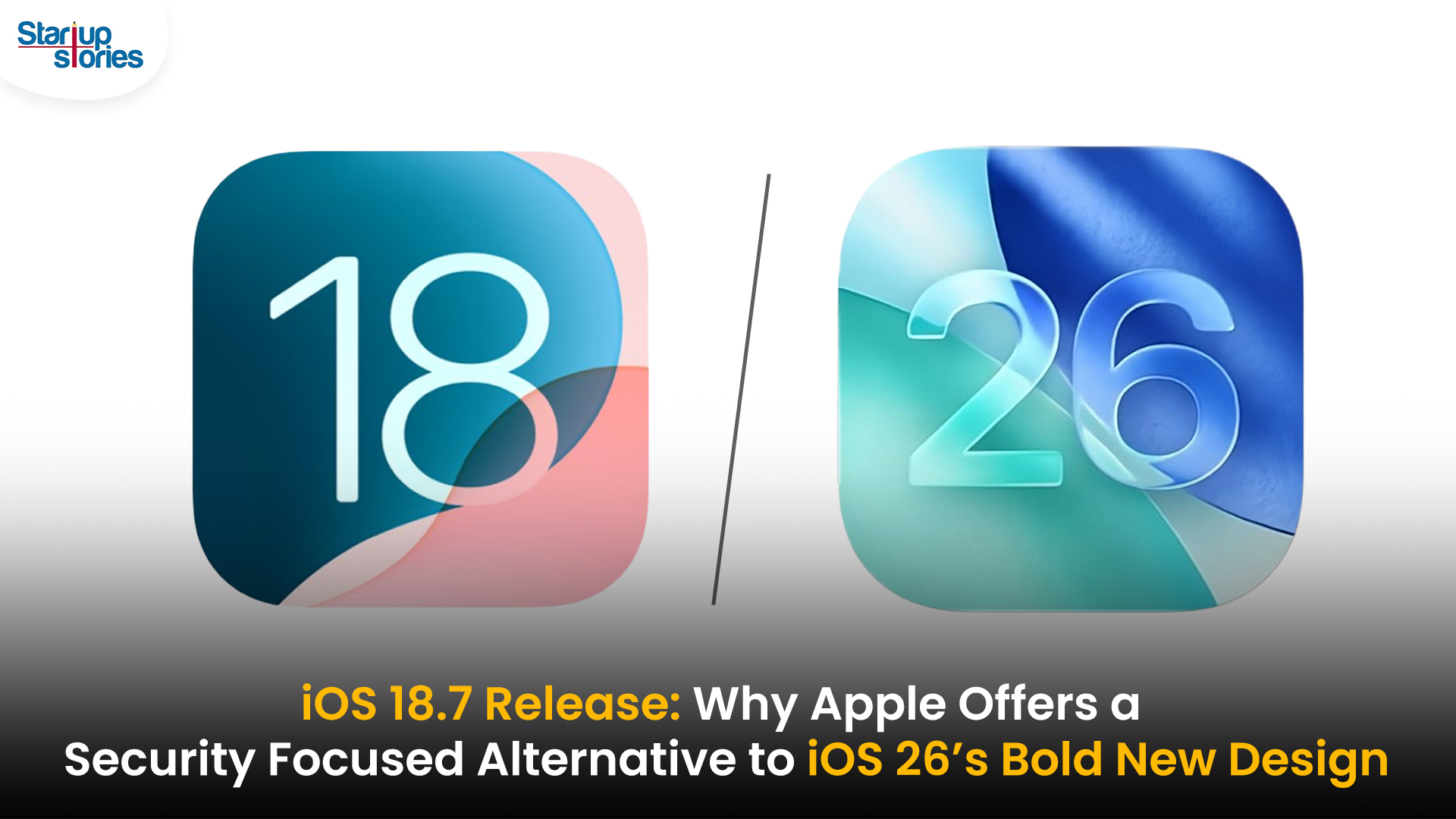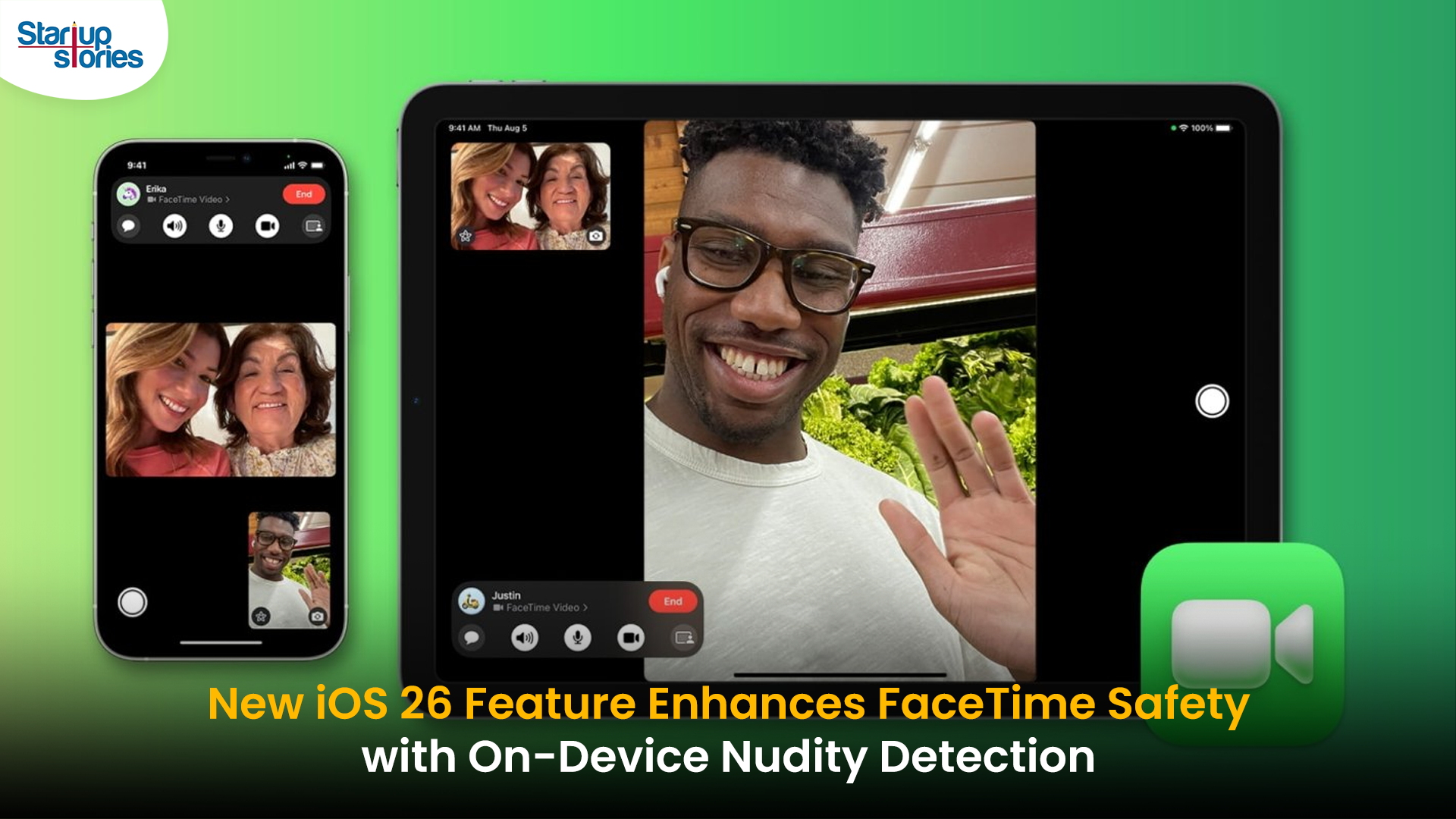Tech
Things You Should Know About Instagram’s IGTV
IGTV is a standalone video platform owned by Instagram and it has been all over the place ever since its launch. IGTV was basically made to allow for longer videos as this option isn’t available on the regular app. Though it is a standalone app, the basic functionality is also available on the Instagram.
Here is a list of few things, we think you should know about IGTV.
1)IGTV Consists Of Channels– You Can Have Your Own Channel
As an Instagram user you can now have a channel of your own.IGTV videos cannot be uploaded directly to your feed. They are uploaded separately on the IGTV channel. A one minute trailer of the video appears on your feed but the full video can be watched only on IGTV.
2) Video Length Depends On The Account
On IGTV, as of now the time limit of the video depends on the type of account. For users with a verified account who have a large following the permissible length of the video is 60 mins. For a regular user, the maximum permissible length is 10 mins.
3) Comments Are Pretty Convenient
If people comment on the trailer from your feed, the comments also appear under the full IGTV video and vice-versa.
4) The Videos Do Not Go Away
Unlike Instagram stories, the IGTV videos do not go away. Once they are uploaded they stay in your channel unless physically deleted.
5) Thumbnail Can Be Uploaded
IGTV gives you the option to physically upload the thumbnail for your video. It can be a clip from your video or just any other picture of your choice.
6) IGTV Now Allows Landscape Videos
After a long wait, Instagram has finally announced that users will now be able to upload landscape videos as well. Until recently, Instagram users were only able to upload vertical videos and the horizontal videos if uploaded would be cropped to fit the frame. But in May 2019 Instagram announced that landscape or horizontal videos will also be supported. This new feature of Instagram will definitely be a boon for content creators as landscape mode is convenient for dance and sports videos.
Whether you are a blogger, a brand representative or simply one of those active Instagram users, this new feature of Instagram will only be a blessing.
Tech
Paytm Grants ₹16.7 Crore ESOPs To Employees Under 2019 Stock Option Plan

Paytm parent One 97 Communications has granted fresh employee stock options (ESOPs) worth about ₹16.7 crore to eligible staff under its 2019 ESOP scheme, highlighting a stronger push toward employee ownership and retention. The grant covers 1,23,908 options, each convertible into one equity share with an exercise price of ₹9, significantly below the prevailing market price. At Paytm’s recent share price levels, this translates into a notional value of around ₹16.6–16.7 crore for employees.
The ESOPs are designed to align employee incentives with Paytm’s long-term growth, giving high-performing team members a direct stake in future value creation. As the options vest and are exercised, eligible employees can participate in potential upside from Paytm’s expanding fintech and payments ecosystem, subject to standard ESOP vesting conditions. The company has also confirmed that the scheme complies with SEBI’s share-based benefit regulations.
This ESOP grant comes soon after Paytm’s payments arm secured key RBI approvals to operate as a payment aggregator across online, offline and cross-border transactions, strengthening its regulated payments stack. Coupled with rising operating revenues, the fresh stock options signal management’s continued focus on attracting and retaining top talent even as profitability remains under pressure. For SEO, key phrases around “Paytm ESOP grant,” “₹16.7 crore employee stock options,” and “One 97 Communications employee ownership” capture the core update for search and news discovery.
Latest News
Apple’s iOS 18.7 vs iOS 26: Which Update Should You Choose for Your iPhone in 2025?

Apple’s recent iOS 18.7 rollout provides a secure alternative to the visually revamped iOS 26, empowering iPhone users to choose between system stability and next-generation features. While iOS 18.7 focuses on important security updates and bug fixes, it maintains the familiar iOS experience for users of older devices like iPhone XS, XS Max, XR, and SE models up to the 16e. The update is lightweight—about one-fifteenth the size of iOS 26—which means quicker downloads and less storage consumption. It’s designed for reliability and fast installation, making it ideal for users who prioritize a stable and secure operating system over design changes.
In contrast, iOS 26 introduces Apple’s ambitious “Liquid Glass” interface with a transparent look across apps, enhanced widget and lock screen customization, smarter Siri, and improved camera controls. These innovations, however, come with a larger update size and compatibility exclusive to newer iPhones beginning from the iPhone 11 series. While early adopters can enjoy the futuristic interface and AI-powered upgrades, major OS launches may present initial bugs or app compatibility issues that cautious users typically wish to avoid.
Choosing between iOS 18.7 and iOS 26 depends on each user’s priorities—those seeking guaranteed stability and fast security fixes should consider sticking with iOS 18.7, while users excited about premium features and visual changes should migrate to iOS 26 if their device supports it. Both updates are available through Software Update settings, and Apple will support iOS 18.7 for only a limited duration, eventually encouraging all users to transition to the latest platform. This dual update strategy ensures every iPhone user can safely update their device for a seamless and secure experience in 2025.
Tech
Apple’s iOS 26 to Automatically Pause FaceTime Calls Upon Nudity Detection

Apple’s upcoming iOS 26 introduces a new privacy-focused safety feature for FaceTime that automatically pauses both video and audio calls when nudity is detected on camera. This feature, discovered in the iOS 26 developer beta, is part of Apple’s expanded Communication Safety suite aimed primarily at protecting children from exposure to inappropriate content during live video chats. When nudity is detected, FaceTime freezes the call and displays a warning message, allowing users to either resume or end the call.
The nudity detection runs entirely on-device using advanced machine learning, ensuring that no images or videos are sent to Apple’s servers, thereby preserving user privacy. Although originally designed for child accounts as part of family safety tools announced at WWDC 2025, the feature currently appears active on all accounts in the beta version, including adults, which has sparked discussion about its broader application. Apple stresses that this local processing method keeps user data private while providing real-time protection against sensitive content during FaceTime calls.
Alongside this new safety measure, iOS 26 brings several other updates across the Apple ecosystem, including a new Liquid Glass design and enhancements to Messages, Wallet, and CarPlay. While the FaceTime nudity detection feature has not yet been confirmed for the final public release, its presence in the beta underscores Apple’s commitment to balancing user safety with privacy in an increasingly connected world. The full rollout later this year will clarify how widely the feature will be applied and whether users will have control over its activation













MM88
November 5, 2025 at 8:49 pm
Khám phá thế giới giải trí trực tuyến đỉnh cao tại MM88, nơi mang đến những trải nghiệm cá cược thể thao và casino sống động.
MM88
November 8, 2025 at 1:20 am
Với giao diện mượt mà và ưu đãi hấp dẫn, MM88 là lựa chọn lý tưởng cho các tín đồ giải trí trực tuyến.
站群程序
November 10, 2025 at 10:09 am
搭载智能站群程序,自动化搭建与管理,为SEO项目提供核心驱动力。站群程序
站群程序
November 12, 2025 at 1:27 pm
搭载智能站群程序,自动化搭建与管理,为SEO项目提供核心驱动力。站群程序
GO88
November 13, 2025 at 8:31 pm
Tham gia cộng đồng game thủ tại Go88 để trải nghiệm các trò chơi bài, poker phổ biến nhất hiện nay.
iwin
November 17, 2025 at 7:53 am
iwin – nền tảng game bài đổi thưởng uy tín, nơi bạn có thể thử vận may và tận hưởng nhiều tựa game hấp
J88
November 22, 2025 at 4:33 pm
Đến với J88, bạn sẽ được trải nghiệm dịch vụ cá cược chuyên nghiệp cùng hàng ngàn sự kiện khuyến mãi độc quyền.